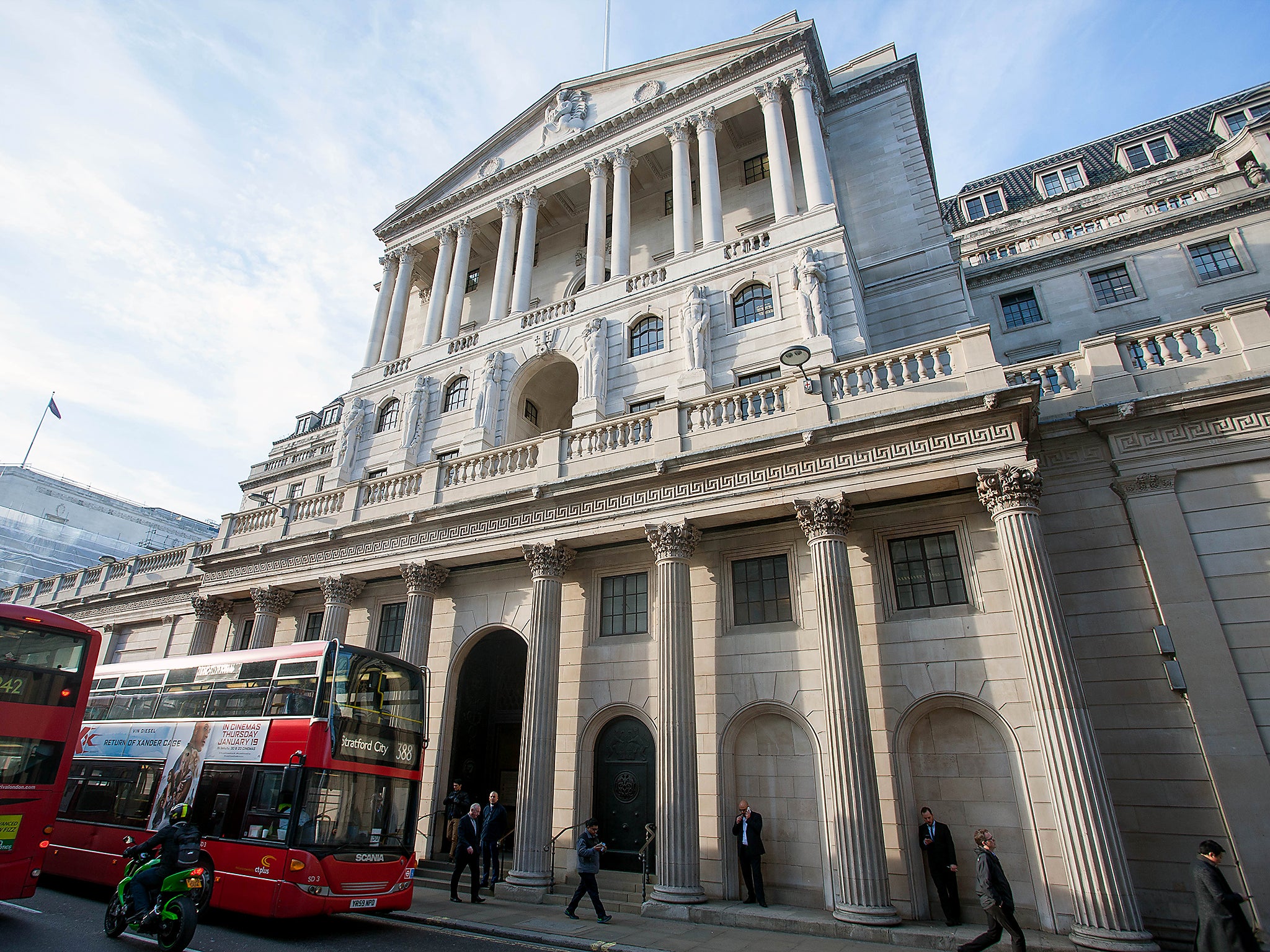When it comes to bailing out companies such as Carillion, the Government must learn from past mistakes
The real lesson is that UK governments of all political colours have not, for many years, been good at managing contracts with outside suppliers

Your support helps us to tell the story
From reproductive rights to climate change to Big Tech, The Independent is on the ground when the story is developing. Whether it's investigating the financials of Elon Musk's pro-Trump PAC or producing our latest documentary, 'The A Word', which shines a light on the American women fighting for reproductive rights, we know how important it is to parse out the facts from the messaging.
At such a critical moment in US history, we need reporters on the ground. Your donation allows us to keep sending journalists to speak to both sides of the story.
The Independent is trusted by Americans across the entire political spectrum. And unlike many other quality news outlets, we choose not to lock Americans out of our reporting and analysis with paywalls. We believe quality journalism should be available to everyone, paid for by those who can afford it.
Your support makes all the difference.There is a certain déjà-vu about the calls for the Government to step in to save Carillion, the struggling construction and services giant whose slogan is “Making tomorrow a better place”.
Companies rise and fall. When they are doing well, it is thanks to the vigour of their leadership and their hard-working staff – or at least that is what their glossy reports generally assert. When they are doing badly it is down to the adverse economic conditions, the move of exchange rates, the rise in the price of commodities, or some other excuse. And when they are doing really badly? Well, the harsh rules of commerce mean that they are taken over by their rivals, or go into administration, and are broken up with the viable bits sold over to whoever will take them on.
And so, under normal circumstances, that is what would happen with Carillion. It may be able to raise some more funds and carry on, but this weekend its future clearly lies in the balance. But the experience of the banks 10 years ago, and the car companies in the US, shows that some companies are deemed too big to fail. Governments have to step in.
A failure of Carillion would not be systemic – the word used to describe a company or banks whose collapse would lead to the failure of the entire financial system – and the general economic conditions are relatively positive for construction companies. But it is a huge supplier to the Government and so its difficulties take on a political edge. It is a big supplier to the Ministry of Defence. It is a major contractor on HS2. Inevitably the Government itself gets the stick: why does it give huge contracts to an unreliable supplier?
The practical question is what is to be done. Vince Cable, leader of the Liberal Democrats, has said that shareholders and creditors, not taxpayers, should take the financial hit of saving the company from collapse. For Labour, the Shadow Business Secretary Rebecca Long-Bailey has called for direct intervention, saying that the Government must “stand ready to bring these contracts back into public control, stabilise the situation and safeguard our public services”. For the Government, well, there has been no official response for the very good reason that talks are taking place all day today with the aim to see if it is possible to put together a support package by the time the markets open on Monday morning.
It would be wrong to prejudge that deal, if it is indeed possible to cobble one together (it may not be), but there are some general principles here. The duty of any government is to provide taxpayers with the best possible services and the lowest possible cost. In this instance there are some such services that could be brought in house, but there are others where central government does not have the expertise and has to look outside. It cannot build HS2 on its own. The real lesson is that UK governments of all political colours have not, for many years, been good at managing contracts with outside suppliers. Lobbing additional jobs to weak companies to save them from going under may have been the easy way of kicking the problem down the line, but has ensured the worst of all possible outcomes.
What the Government needs to do is to learn from its mistakes. It needs to learn when to outsource and when to keep in house. It needs to be disciplined about the services it supplies directly. And it needs to learn which companies can be trusted to deliver and which underperform, as well as how to manage long-term relationships with commercial companies so that it does not find itself in emergency meetings on a Sunday to determine not just the fate of key contracts, but also the future of the employees that have to do the work.
Join our commenting forum
Join thought-provoking conversations, follow other Independent readers and see their replies
Comments